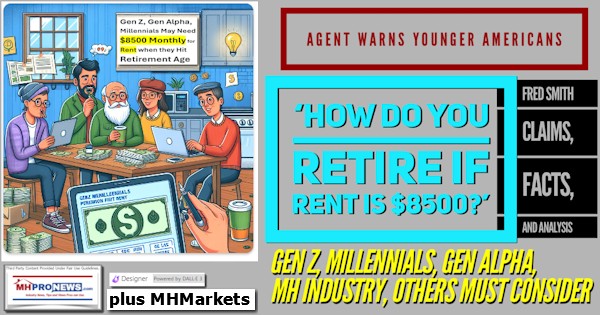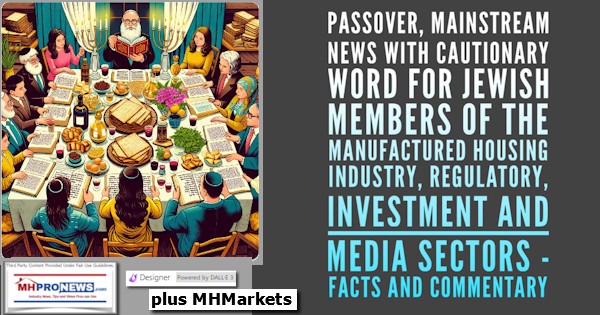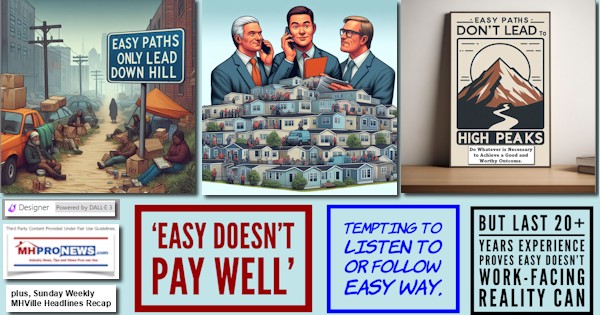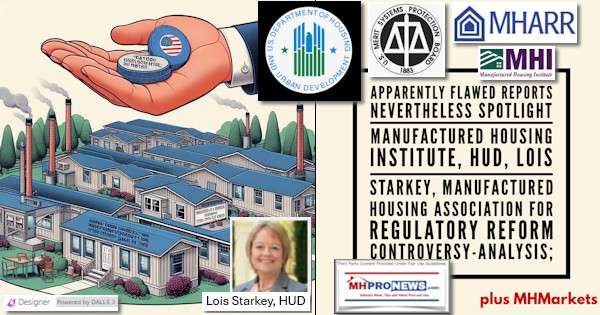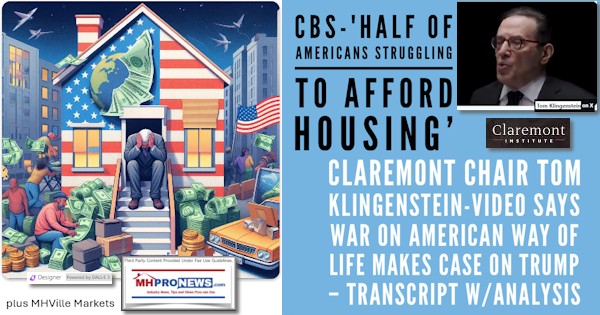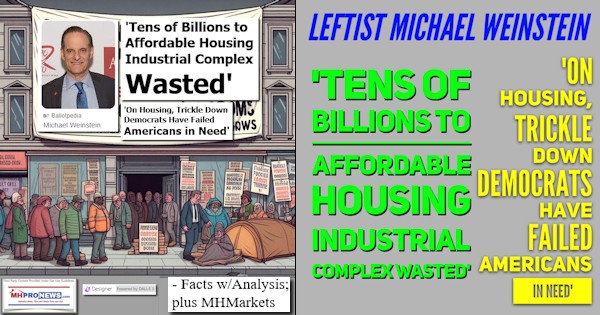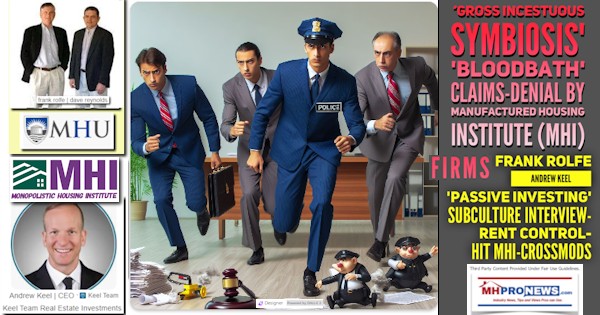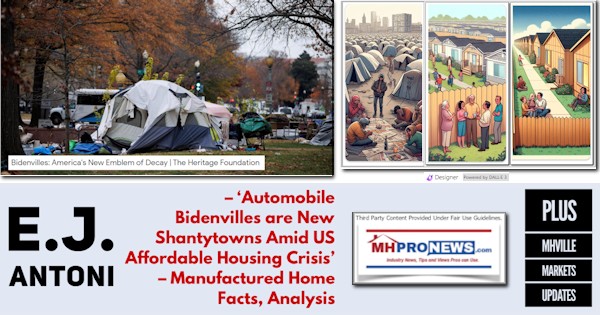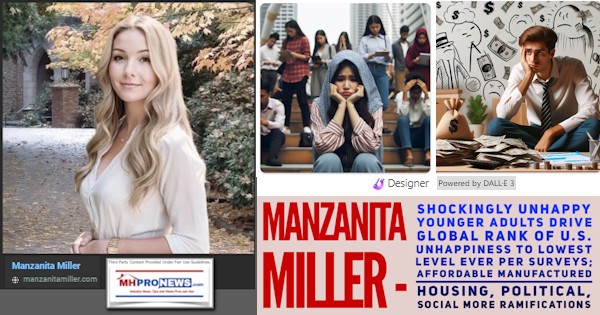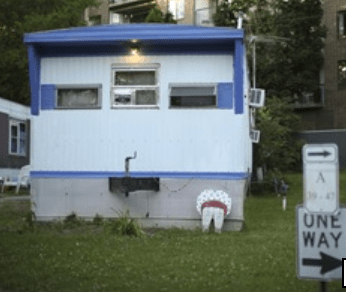
With 39,000 people living in 83 MHCs in the Twin Cities suburbs, the council has launched the Manufactured Home Park Preservation Project to save some of the communities at risk of closing and promote investment in aging communities. To that end, it is offering up to $250,000 in a matching grant to one MHC to help pay for connecting to the wastewater treatment system. As part of the deal, the community owner would likely have to keep rents affordable and the community open.
Almost 40 percent of the MHC residents are people of color, as opposed to 25 percent in the general population, according to startribune. Freya Thamman, a planning analyst with the Metro Council, said preserving the MHCs is much less expensive than building affordable housing, noting the 1,868 empty homesites in the area could provide housing for another 5,200 people.
Another Met analyst, Jonathan Stanley, noting it provides a homeownership opportunity that is often overlooked, said, “You can call this private unsubsidized affordable housing.”
However, the challenge of land underneath the homes becoming more valuable and the aging infrastructure have led to the closing of ten MHCs in the past 20 years. That, combined with the regulations Congress passed in the wake of the housing downturn has reduced the number of MH sales since 2001 by ten percent, even though the cost of living in an MH at $701 a month is much less expensive than the $1,262 a month average for traditional homeowners.
In the case of Lowry Grove, the sale to a developer has been completed; but with the help of the nonprofit Aeon, which made an offer comparable to the selling price, a lawsuit against the seller for failure to adhere to the state’s first-right-of-refusal measure may yet preserve the MHC as affordable housing for the residents. ##
(Photo credit: startribune/Jeff Wheeler–one of the older homes at Lowry Grove)







